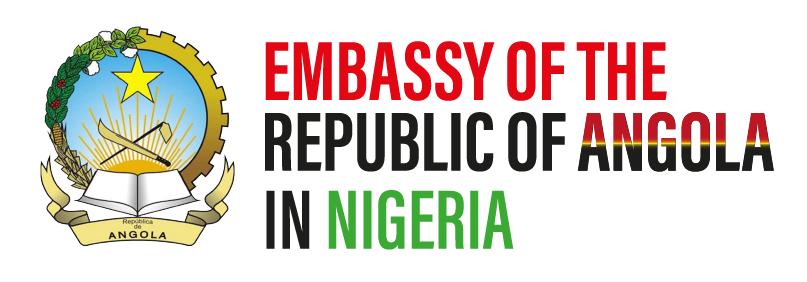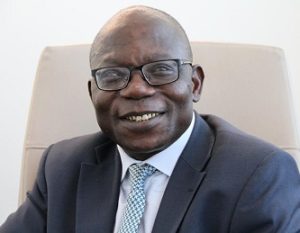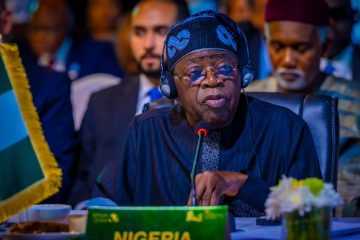The Economic Community of West African States has identified corruption and financial crimes as major obstacles to the region’s economic and social development, calling for stronger institutional capacity to combat the growing threat.
Speaking on Monday at the opening of a five-day Regional Certification Training on Financial Investigation for Anti-Corruption Institutions in West Africa in Abuja, the ECOWAS Commissioner for Political Affairs, Abdel-Fatau Musah, said that despite democratic progress, corruption remains a significant threat to governance and development in many member states.
Citing a research report, Musah, who was represented by the Commission’s Head of the Democracy and Good Governance Division, Ebenezer Asiedu, said Africa loses $88.6 billion annually to corruption and illicit financial crimes.
He added that this amounts to 3.7 percent of the continent’s GDP.
Musah said, “In spite of the progress, democracy in most of our member states faces fragility, particularly due to the menace of corruption. For instance, research indicates that Africa loses a staggering $88.6 billion annually due to corruption and Illicit Financial Flows, which takes up 3.7% of our continent’s GDP.
“Indeed, corruption and financial crime are among the biggest obstacles to economic and social development in West Africa and around the world.”
He said the adoption of crypto-currencies and other digital financial systems have introduced new risks across the region.
Musah said, “As the financial industry experiences growth in West Africa, the increasing adoption of crypto-currencies and other emerging forms of online financial systems have introduced new risks and vulnerabilities across member states, underscoring the need for Anti-corruption institutions to develop specialized skills and knowledge to effectively combat these crimes.”
He explained that the training, organised by ECOWAS in collaboration with the Network of Anti-Corruption Institutions in West Africa and Nigeria’s Economic and Financial Crimes Commission, aims to equip investigators with advanced techniques for tackling increasingly sophisticated financial crimes.
“As we work toward realizing the ECOWAS Vision 2050, addressing corruption and Illicit Financial Flows is essential to achieving sustainable development and regional stability,” Musah said.
In his remarks, the EFCC Chairman, Ola Olukoyede, said the transnational nature of financial crimes are transnational in nature, noting the need for regional cooperation in combating threats such as money laundering and terrorism financing.
“The threats we face are sophisticated, tech-enabled, and deeply embedded within political and economic structures.
“To effectively confront these challenges, we must share intelligence, harmonize our methods, and speak with one voice,” he added.
Olugbenga is a fine-grained journalist with over nine years of experience. He loves the smell of a good lead and has a penchant for finding out interesting good reports.



